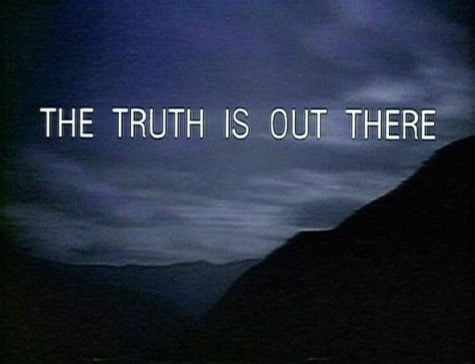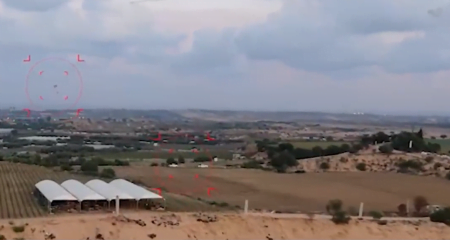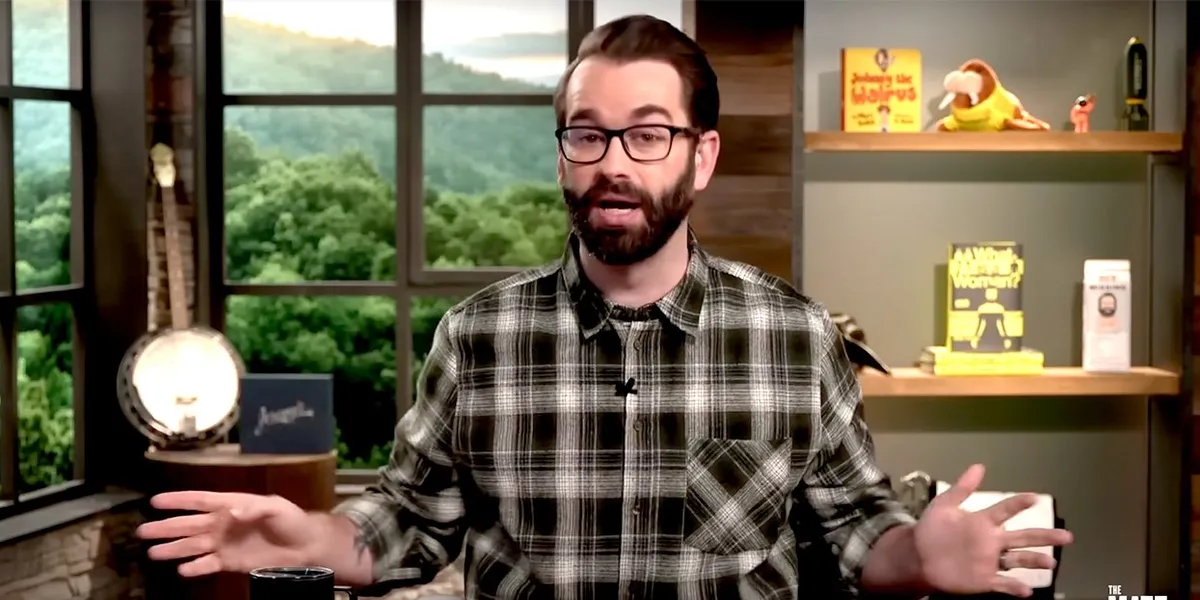It used to be called spin. We all expected it when a politician said something that took you by suprise, then the spin doctors would come on after and reverse those talking points, to spin it so it’s more in line with what the public expects. Today it has never been more apparent that the truth is under siege in the information war space. There are so many competing sides, that information has become overwhelming. Whom are we to believe in such an environment? With tribalism at an all-time high, especially in politics, it seems that getting to the truth is almost an impossible task.
This is where bad actors come into play. They work us with bots, false narratives or memes that make getting to the bottom of the truth even harder. Add in influencers who have decided to abandon their spaces and get into the political mix, and it truly gets hard to define what is truth or what is really going on in any given situation. Add in secrecy, and you get conspiracies that unravel with their attendant voices gaining traction through amplifiers who push those conspiracies into the mainstream.
Then add in tribalism, confirmation bias groups and other bad actors on both sides of the equation and it’s easy to see that getting to the truth is virtually an impossibility. Then add in a mainstream media who tries to dumb it all down for the viewers they despise but need, and you get into situations where when someone knowing the truth and trying to speak it cannot ever be trusted.
What can be done about it? Who is actually accountable, and how do truth seekers actually start to trust whomever they see, hear or read? With AI coming online and mixing the AI world with the real world it’s very hard to decide that what you are reading or even hearing is real. We’ve come to a point in time where truth is just whatever you believe it is, even if that truth you believe in is a total fantasy. Hard times ahead.
Story below:
An update on the information war, for the 2023 Walter Cronkite Awards
We’re losing.
I’m hesitant to start off this memo on such a grim note, but it’s true: The people putting out the truth are under siege in the information war, and we’re not doing so great. That’s, in part, because a lot of those people aren’t even aware they’re in an information war to begin with.
There is good news: We can still win. It will take a change in tack, and a little bit of courage.
But first, since I’m doubling down on bad ideas right out of the gate, I’m going to do something else that’s probably ill advised. I’m about to quote Edward R. Murrow, who, I’ve been told by a bunch of books, was not a pal of Mr. Cronkite. They both wound up at the same place — the facts — and they took two separate ways to get there. They were in the trenches and were too deep in it to see they were on the same side. I get it. We’ve all been there. A lot of us are there right now.
This instrument can teach. It can illuminate. Yes, and even it can inspire. But it can do so only to the extent that humans are determined to use it to those ends. Otherwise, it’s nothing but wires and lights in a box. There is a great and perhaps decisive battle to be fought against ignorance, intolerance and indifference. This weapon of television could be useful.
Stonewall Jackson, who is generally believed to have known something about weapons, is reported to have said, “When war comes, you must draw the sword and throw away the scabbard.” The trouble with television is that it is rusting in the scabbard during a battle for survival.
We’re back in that very same battle right now, and it’s against the same enemy: ignorance, intolerance, indifference. The box is smaller now. It’s in your pocket. It’s brighter and faster and it vibrates and dings and brings you horror and joy and knows what makes you feel better and sure as hell knows what makes you feel worse. Then it assigns those bad feelings to a political enemy, and the good feelings to anybody trying to get rid of those people.
That’s what you’ll see in the stories I’ve covered in the last year. Fear and panic and paranoia and lies and deceit that led to terror, death and the attempted disenfranchisement of American voters.
You’ll see that first with my coverage of the Buffalo shooting, a terror attack perpetrated by a white supremacist obsessed with the “Great Replacement Theory” lie that has pervaded extremist spaces online. The shooter posted his own tranche of racist lies on the internet in his manifesto for 4chan and 8chan users, which I had to convey to our viewers without further spreading his hate.
You’ll see midterm election night coverage of the attempts to shoo away voters from early voting ballot drop boxes by “mule watchers,” the conspiracy theorists obsessed with the lie that “2,000 ballot mules” had stolen the election from Donald Trump.
You’ll see the hate campaign targeted at America’s trans youth that continues to make some of the most persecuted Americans fear for their lives to this day.
But you’ll also see interspersed moments of justice and relief. You’ll see my reporting on a day I thought would never come: October 12th, the afternoon Alex Jones was forced to reckon with his decades of lies and pay almost $1 billion to the families of children killed in the Sandy Hook Elementary School massacre. You’ll see how Russia’s global information war fell apart as its military began to invade Ukraine, and how Vladimir Putin’s propaganda arm scrambled to adopt lies first spread by American anti-vaccine groups.
I hope you notice something specific while reviewing my coverage of the last year of hate, and how hate loses. Triumphs of the truth are not accidents. They are times the American media — including and especially those outside of the disinformation beat — did not equivocate and did not give an inch to lies and the liars who tell them. No one attempted to falsely humanize the inhumane — like the horrors of Vladimir Putin. No one tried to bend over backwards to provide positive framing to intentional cruelty — like the lies of Alex Jones — even, or especially, if it was politically inconvenient at the moment.
When media manipulators were met with a unified opposition armed with clear facts — when that unified opposition stood firmly alongside those who were constantly attacked by men with powerful and profitable propaganda machines — that opposition won. We won. The news won.
But it takes unity, and not capitulation, in these moments. There is no meeting liars halfway, because the truth then becomes one-half lie. We must simply be louder, and clearer, with the truth.
The wires and lights in the box aren’t quite so simple now that they’re in our pockets. Some of them are keeping your kid up at night, telling your teenager fantastical tales about the Illuminati on TikTok. (And some of them are keeping your parents up at night, too, telling equally fantastical tales about the nightly gunfight that is actually just fireworks on NextDoor.) The people spreading those Illuminati lies are not playing by the rules, nor are they particularly interested in the truth. They are interested in money and power, and they have been gaming our algorithms to gin up fear and sell a balm for it.
I have been covering this stuff for too long now, and I can assure you that they are not going to stop. So we have no choice: We simply have to tell better stories than them. We have to be better at extolling truth — based in empathy, democracy, and human rights — than fearmongers have become at selling profitable lies.
We can win, but we have to be more unified, and we have to be more human. We’ve faced this before and we’re facing it again. “There is a great and perhaps decisive battle to be fought against ignorance, intolerance and indifference.”
Look down at your phone. The lights and wires in that box are smaller, but they contain exponentially more ways to do harm. If you want your vote to count, or if you were born in any way different, I’m certain you’d agree.
“When the war comes, you must draw the sword and throw away the scabbard.” I’m confident I threw away my scabbard.



